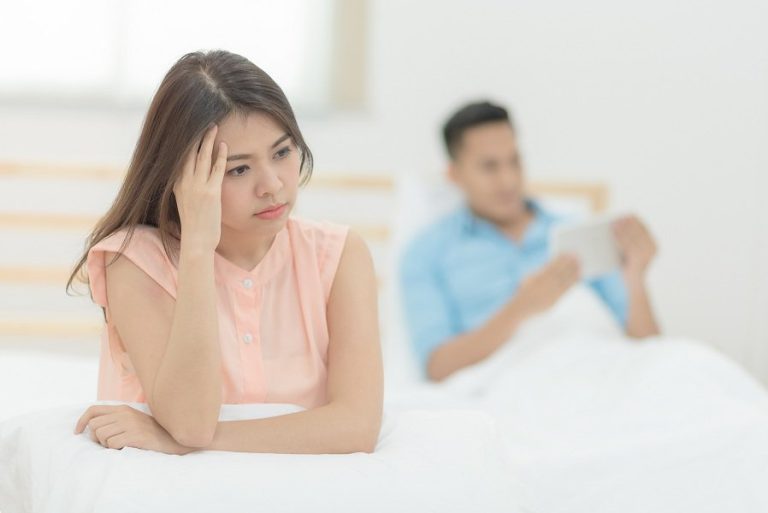Low libido is a medical term used to describe a lack of sexual desire that stems from several factors, from relationship troubles to stress. This condition could also arise due to physical, mental, and emotional reasons. The World Health Organization estimates that 1 in 10 people suffer from Plano low libido.
Below are the leading causes of low libido in men.
Low testosterone
Low testosterone causes low libido, but it can also be a natural part of aging. Older men usually have lower testosterone. Usually, if the testosterone levels are below 300 ng/dL and symptoms are present, then treatment is recommended.
Your doctor can test testosterone levels. If your doctor finds that you have high, low serum or blood concentrations of testosterone, or if your doctor suspects that you have a problem with some aspect of the production of sperm, they will refer you to an endocrinologist for further testing and treatment.
Medication
Prescription medications can lead to low libido. Antidepressants, antipsychotics, and other medications used to treat mental health conditions are known culprits. Other common offenders include beta-blockers, used to treat high blood pressure, antihistamines, and some chemotherapy medications for cancer. Tell your doctor rather than stop the medication yourself if you think your medication is causing your low libido.
Body image issues
When body image issues are a factor in low libido, there are a few steps you can take to help yourself:
- Be compassionate with yourself and others – If you notice negative self-talk while exercising or dieting, consider how this affects your mood and overall well-being. If these thoughts become pervasive enough to interfere with the rest of your life, seek professional help.
- Taking breaks from media consumption – Staying away from social media for a while can improve self-esteem over time by reducing the comparison mindset that often leads to anxiety about physical appearance and performance in bed.
Alcoholism
Alcoholism can cause low libido as well. According to the National Institute on Alcohol Abuse and Alcoholism, alcohol is a central nervous system depressant, which means it slows down brain function and responses. In the short term, drinking too much can depress your libido. Over time, long-term use of alcohol can cause damage to your body, resulting in reduced sexual desire. Alcoholism is a serious health issue that requires treatment at a rehabilitation facility or through therapy. Severe alcoholism can impact both men’s and women’s libidos, result in impotence or sterility, and lead to serious health problems such as liver disease or heart damage.
Depression
There are many reasons why a man might experience low libido. Depression can cause this problem by directly lowering testosterone levels and interfering with the brain’s natural reward system used to feel pleasure. Depression can also be characterized by low energy, making it difficult to get aroused or interested in sex.
If you think you might suffer from depression, many approaches can help you reduce or eliminate this condition. These include:
- Cognitive-behavioral therapy (CBT)
- Medication – antidepressants, SSRIs, and tricyclic drugs have all been shown to ease symptoms of depression
- Lifestyle changes like exercising more often and getting enough quality sleep at night
Conclusion
To treat low libido, you must know what is causing it. A doctor or therapist can help you identify the cause of your low libido and recommend appropriate treatments. Low libido can stem from relationship problems, medications, low testosterone levels in men, depression, stress, etc. If you are struggling to make your spouse happy in bed, professionals at the Riegel Center can help you. Reach out to them now.

